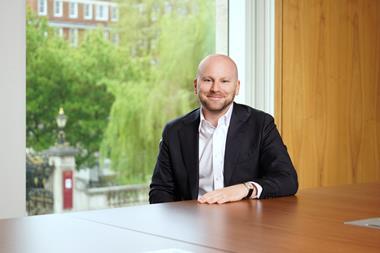When I attend real estate events, they tend to be ‘pale, male and stale’. This is good in a way, because I’m easy to find in a crowd and everyone remembers me, but it’s not truly representative of the general population.

Does it matter, or is it just tokenism? Well, firstly, institutions are now asking for the boards they invest in to be more diverse – initially in terms of gender. It’s not a quantum leap to expect that to be extended further to other sorts of diversity. So, at the very least, if you are thinking of raising equity or want to attract institutional investors, then it may be a good idea.
This isn’t an appeal to pander to ‘wokeness’ with guaranteed outcomes – more a request for us to ask ourselves if all sections of society have an equal place on the starting line.
We tend to ask our colleagues’ opinions before we make a big decision at work, so we get a different angle on things. If their viewpoint is the same as ours, then they’ll see the same thing, so we may not actually be any better off.

Why is it that certain sections of society are underrepresented in real estate? It can’t be a lack of intelligence or ambition, as these same sections have succeeded in every walk of life from business to politics, from law to medicine and from government to the arts. Perhaps it is ‘equality of opportunity’.
It should be addressed: we are all here to make money, and we do this by developing and investing, so we have to appeal to a market and a consumer, as well as to investors.
Surely it would make sense to appeal to the widest market possible – can this be addressed by having people on our team who mirror our diverse end-consumers and investors? It can’t do any harm.
Andrew Pinto is finance director at Landlink Estates




























No comments yet